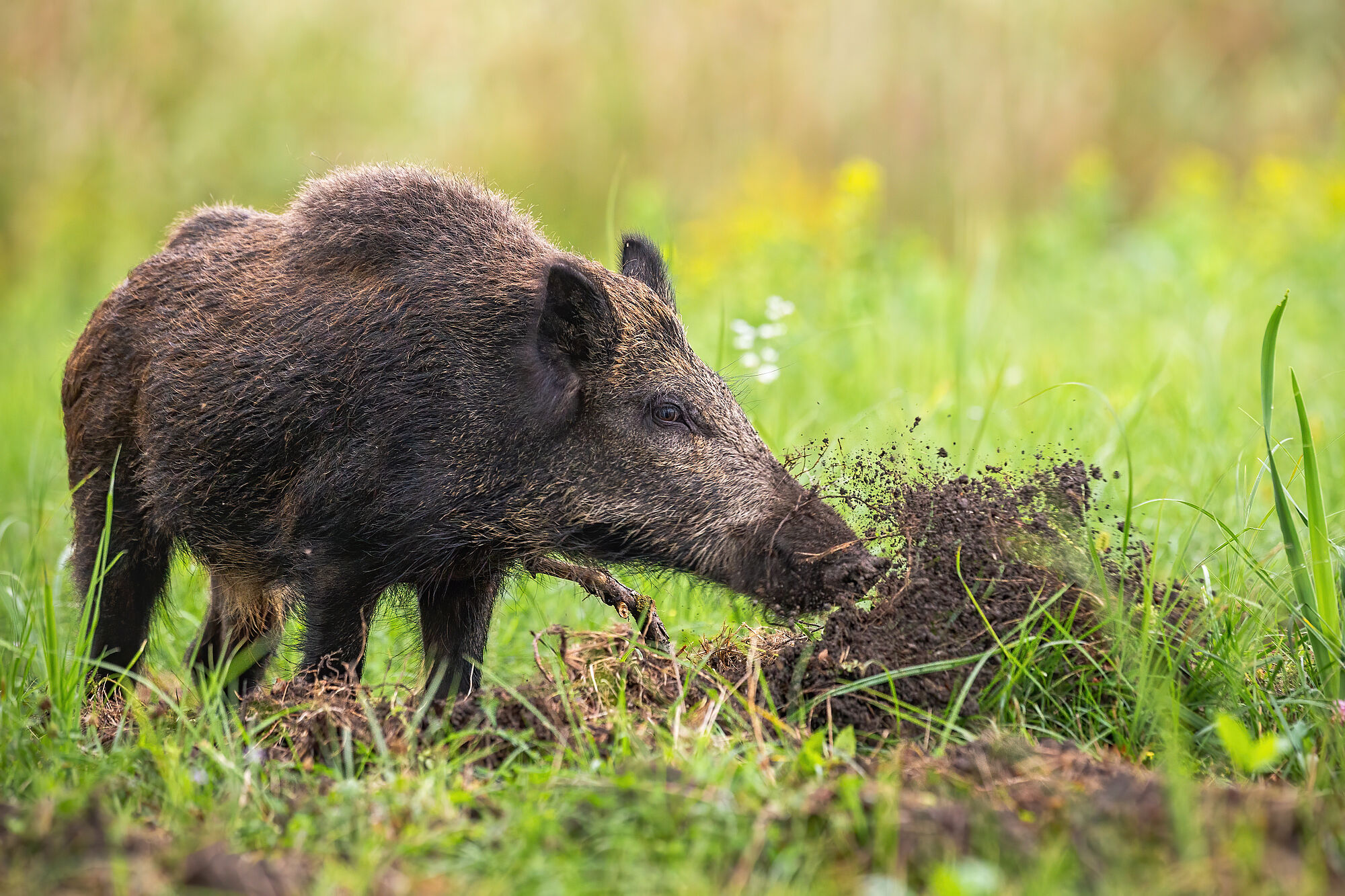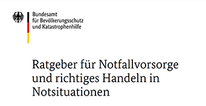
General information on African swine fever
African swine fever is a notifiable viral disease that exclusively affects pigs (domestic and wild). It is not dangerous for humans and other domestic and farm animals. The disease can be transmitted directly from animal to animal or indirectly via contaminated objects. The virus can be kept for a very long time in raw sausage products, so a carelessly discarded sausage roll can be enough to introduce the disease. Humans and improper disposal of pork products containing the virus are considered the most likely route of transmission of the disease. Transmission via blood is particularly efficient. The smallest drops are sufficient for infection. Therefore, strict hygiene during hunting is also particularly important.
The risk of spreading African swine fever (ASF) continues to be assessed as very high by the Friedrich-Löffler-Institut. As of Oct. 16, 2020, 70 confirmed cases have been registered in Germany. All positive virus detections are limited exclusively to three counties in the federal state of Brandenburg.
Prevention efforts continue at the federal, state, and county levels. The state of Saxony-Anhalt has set up an ASF expert group, which meets at regular intervals for consultations. Furthermore, cross-state animal disease control exercises are taking place, in which employees of the Landkreis Börde are also involved. The focus of current inspections of pig farms is compliance with biosecurity measures in accordance with the Pig Farming Hygiene Ordinance.
Risk traffic lights for animal diseases
Link to risk traffic lights for animal diseases of the University of Vechta
Risk traffic lights for animal diseases
Börde prepares against swine fever
Link to the Volksstimme article from 03.02.2021



